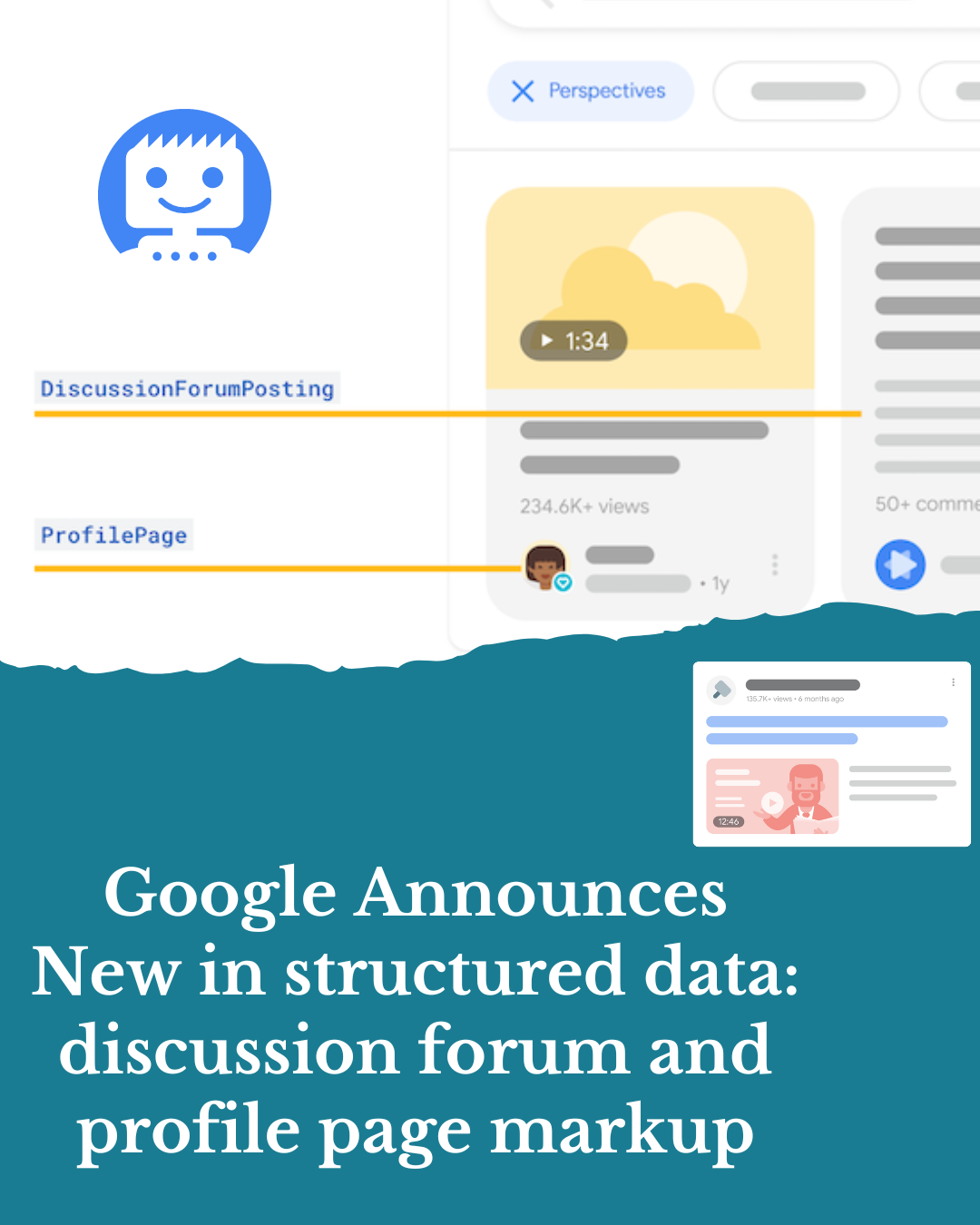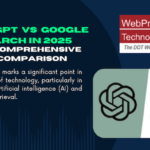In the dynamic landscape of the internet, content has undeniably been the driving force behind the inception and evolution of search engines. Over time, the sheer volume of content hosted on internet servers has experienced an exponential increase, shaping the digital realm we navigate daily. Traditionally, it was a safe assumption that content was predominantly created by human hands. However, the rapid expansion of artificial intelligence (AI) applications has blurred the lines between human-generated and AI-generated content, presenting a challenge for search engine algorithms.
The Crucial Role of Content in Search Engines:
As the backbone of search engines, content plays a pivotal role in determining the quality of search results. The ability to distinguish between human and AI-generated content has become important for ensuring the accuracy and relevance of search engine results. In light of this, the future holds the promise of search engines that can effectively make this crucial distinction, ultimately leading to higher-quality search results.
Google's Commitment to Diverse Perspectives:
In a significant development in May of this year, Google announced new features aimed at discovering and exploring diverse perspectives within search results. This initiative specifically targeted content from forums and social media sites, recognizing the importance of varied viewpoints in the digital space. Fast forward to November 27th, 2023, Google unveiled support for profile page and discussion forum structured data in Google Search, accompanied by new reports in Search Console.
ProfilePage Markup for First-Hand Perspectives:
The ProfilePage markup is designed for any site where creators, whether individuals or organizations, share their first-hand perspectives. This structured data enables Google Search to better identify information about the creator, including their name, social handle, profile photo, follower count, and the popularity of their content. This advancement aligns with Google's goal of providing accurate and complete information in search features showcasing first-person perspectives from social media platforms and forums.
DiscussionForumPosting Markup for Online Discussions:
Complementing the ProfilePage markup, the DiscussionForumPosting markup is tailored for forum-style sites where individuals collectively share their first-hand perspectives. This structured data empowers Google Search to identify forum sites and online discussions across the web. Forums employing this markup stand a chance to have their content featured in Google's Perspective and "Discussions and forums" features, although the use of the markup does not guarantee appearance.
Google's Historical Pursuit of Quality Content:
Google has a longstanding commitment to identifying and promoting quality content. The foundation stone for its Knowledge Graph was the Google Authorship Markup, which aimed to filter quality content and reveal the individuals behind the posts. However, the success of this endeavor was hindered by its integration with Google Plus, a platform that Google eventually shut down. The recent support for profile page and discussion forum structured data suggests a renewed focus on authorship and content quality.
The Implications for Search Engine Friendliness:
This recent development hints at a potential algorithm update where the proof and identity of the content's author or creator could become a crucial on-page factor for search engine friendliness. As search engines increasingly prioritize content that establishes the profile of the publisher or author, it is advisable not to hastily delete pages containing old content. These pages serve as a testament to the author's experience, with factors such as the date of publication, comments, likes, and replies validating the author's expertise.
The Value of Retaining Old Content:(Old is Gold)
Retaining pages containing old content becomes a strategic move, as they inherently demonstrate the author's journey and longevity in the industry. The date of publication, coupled with engagement metrics like comments, likes, and replies, becomes a powerful validation of the author's expertise. For instance, an author with content dating back to the early 2000s and recent publications establishes a timeline that inherently proves their experience and adaptability. The combination of quantity and quality, along with user-generated content, further solidifies the author's thought leadership in the industry.
In conclusion, the evolving landscape of content creation, coupled with Google's recent advancements in profile page and discussion forum structured data, signals a potential shift in the importance placed on content authorship. As search engines increasingly focus on showcasing diverse perspectives and prioritizing content from credible creators, the strategic retention of old content and the incorporation of structured data markup could become pivotal for individuals and organizations aiming to enhance their search presence and thought leadership in the digital landscape.
December 1, 2023





